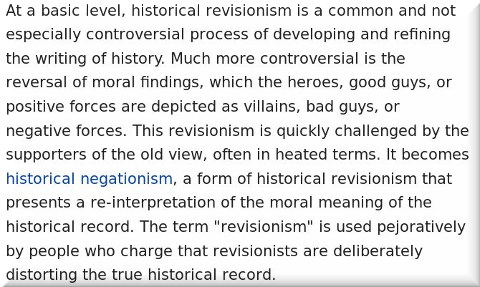
 Reference: Historical revisionism
Reference: Historical revisionism
THE relationship between Microsoft and Toyota goes back to the years before Toyota moved from Windows to Linux (or Android) and as covered here earlier this year, Microsoft compelled Toyota to pay a sum of money for patents pertaining to file systems, operating systems, UIs and so on. In other words, Microsoft -- still proclaiming that it "loves Linux" -- attacks Linux with patents. It's taxing and preying on Linux, using worthless patents that are likely not eligible but leveraged in bulk in order to make legal defence too expensive.
No one who reads this blog needs reminding how that turned out, but Microsoft’s recent deal making also shows how parts of the industry are becoming more collaborative. Earlier this year the windows giant announced a new patent agreement with Toyota which was the first for its new auto licensing programme. Toyota North America’s Frederick Mau insisted that the deal was about than just a licence; instead, it was “one more step in a collaboration with Microsoft to create better vehicles for our customers", he said.
That deal was also another example of the IP value creation pivot the software pioneer has made, with a move away from a royalty based approach to licensing. “It has only been in the last few yeas that I have been involved in true win-win deals for both sides,” Minhas stated, offering the 2016 deal with Xiaomi as a leading examples of the change in Microsoft's approach.
Microsoft recently announced a new patent licensing agreement with Toyota that includes broad coverage for connected car technologies. This is unsurprising, since the nature of connected car technology means that technology companies, with their enormous experience in developing communications, software and data-processing technologies, are ideally placed to work with established car companies ââ¬â the collaboration and licensing opportunities would be substantial.